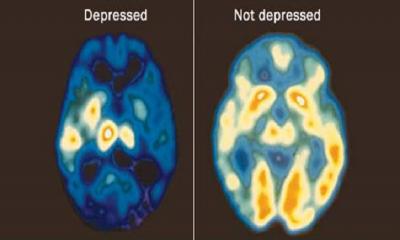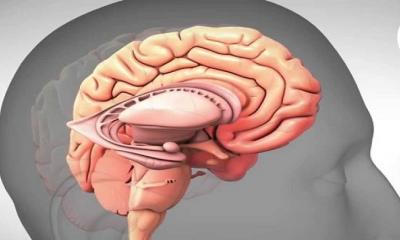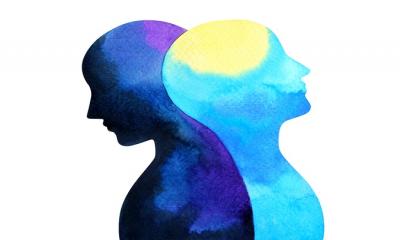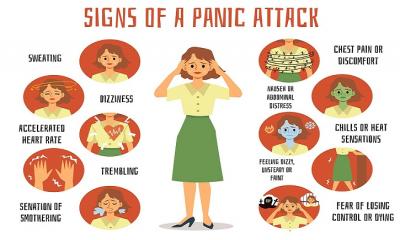
How is panic disorder treated?
- Women`s Corner
- October 2, 2022
If you’re experiencing symptoms of panic disorder, talk to a health care provider. After discussing your history, a health care provider may conduct a physical exam to ensure that an unrelated physical problem is not causing your symptoms. A health care provider may refer you to a mental health professional, such as a psychiatrist, psychologist, or clinical social worker. The first step to effective treatment is to get a diagnosis, usually from a mental health professional.
Panic disorder is generally treated with psychotherapy (sometimes called “talk therapy”), medication, or both. Speak with a health care provider about the best treatment for you.
Psychotherapy: Cognitive behavioral therapy (CBT), a research-supported type of psychotherapy, is commonly used to treat panic disorder. CBT teaches you different ways of thinking, behaving, and reacting to the feelings that happen during or before a panic attack. The attacks can become less frequent once you learn to react differently to the physical sensations of anxiety and fear during a panic attack.
Read More: Anxiety disorders in children
Exposure therapy is a common CBT method that focuses on confronting the fears and beliefs associated with panic disorder to help you engage in activities you have been avoiding. Exposure therapy is sometimes used along with relaxation exercises.
Medication: Health care providers may prescribe medication to treat panic disorder. Different types of medication can be effective, including:
- Antidepressants, such as selective serotonin reuptake inhibitors (SSRIs) and serotonin-norepinephrine reuptake inhibitors (SNRIs)
- Beta-blockers
- Anti-anxiety medications, such as benzodiazepines
SSRI and SNRI antidepressants are commonly used to treat depression, but they also can help treat the symptoms of panic disorder. They may take several weeks to start working. These medications also may cause side effects, such as headaches, nausea, or difficulty sleeping. These side effects are usually not severe, especially if the dose starts off low and is increased slowly over time. Talk to your health care provider about any side effects that you may experience.
Read More: Some Important Ways to Show Love to Yourself
Beta-blockers can help control some of the physical symptoms of panic disorder, such as rapid heart rate, sweating, and tremors. Although health care providers do not commonly prescribe beta-blockers for panic disorder, the medication may be helpful in certain situations that precede a panic attack.
Benzodiazepines, which are anti-anxiety sedative medications, can be very effective in rapidly decreasing panic attack symptoms. However, some people build up a tolerance to these medications and need higher and higher doses to get the same effect. Some people even become dependent on them. Therefore, a health care provider may prescribe them only for brief periods of time if you need them.
Both psychotherapy and medication can take some time to work. Many people try more than one medication before finding the best one for them. A health care provider can work with you to find the best medication, dose, and duration of treatment for you. A healthy lifestyle also can help combat panic disorder. Make sure to get enough sleep and exercise, eat a healthy diet, and turn to family and friends who you trust for support.
This article is taken from https://www.nimh.nih.gov/








